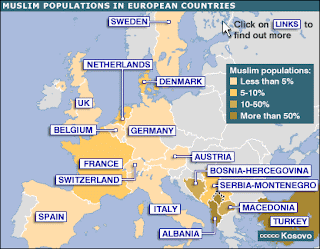It was a fascinating spectacle.
The Markazi Majlis-e-Shura of Jamaat-e-Islami Hind was about to begin in my grand mother's house. The atmosphere was that of bonhomie. You could find sherwani clad Moulanas everywhere. Where on earth you could find such a comraderie and mutual affection.
I was very much elated. I found myself running here and there. I was very much amused and excited. In my grandpa's room elderly Moulanas were staying. H Abdur Raqeeb Sahib's voice could be heard. I could not comprehend what is being said. Raqeeb Sahib was sitting in a chair and some Moulana was reclining in a bed. They were talking amicably.
Suddenly I found myself in the hall. It is the same hall where I used to play as a child. Grand pa used to listen BBC in his radio sitting in a easy chair in that very hall. They had converted it into a meeting hall.
Instantly I found myself moving towards the backyard. There people are taking their breakfast silently. Ameer-e-Halqa A Shabbir Ahmed was eating french toast. Somebody was placing a slice of a colourful fruit in someone's plate.
Then again I found myself in the passage between the hall and the backyard. At that instant Ameer-e-Jamaat in a bright blueish black Sherwani entered. He was moving confidantly like a bridegroom with a vibrant smile lit in his face. His steps are measured. He was flanked by two Moulanas. I could not recall their faces.
The hall is nearly full. Ameer-e-Jamaat and others were sitting in a row.
Suddenly I hear a feeble voice of my wife calling Rafia, my fourth daughter (who is doing her UKG). I look for Rafia. She was coming towards me. I move towards her to fetch her.
Just then the voice of my wife had gone shriller.
RAFIAAA..! SCHOOL JANE KA IRADHA HAI YA NAHIN..!
I woke up instantly.
Oh! It was a dream!
What a dream it was!































